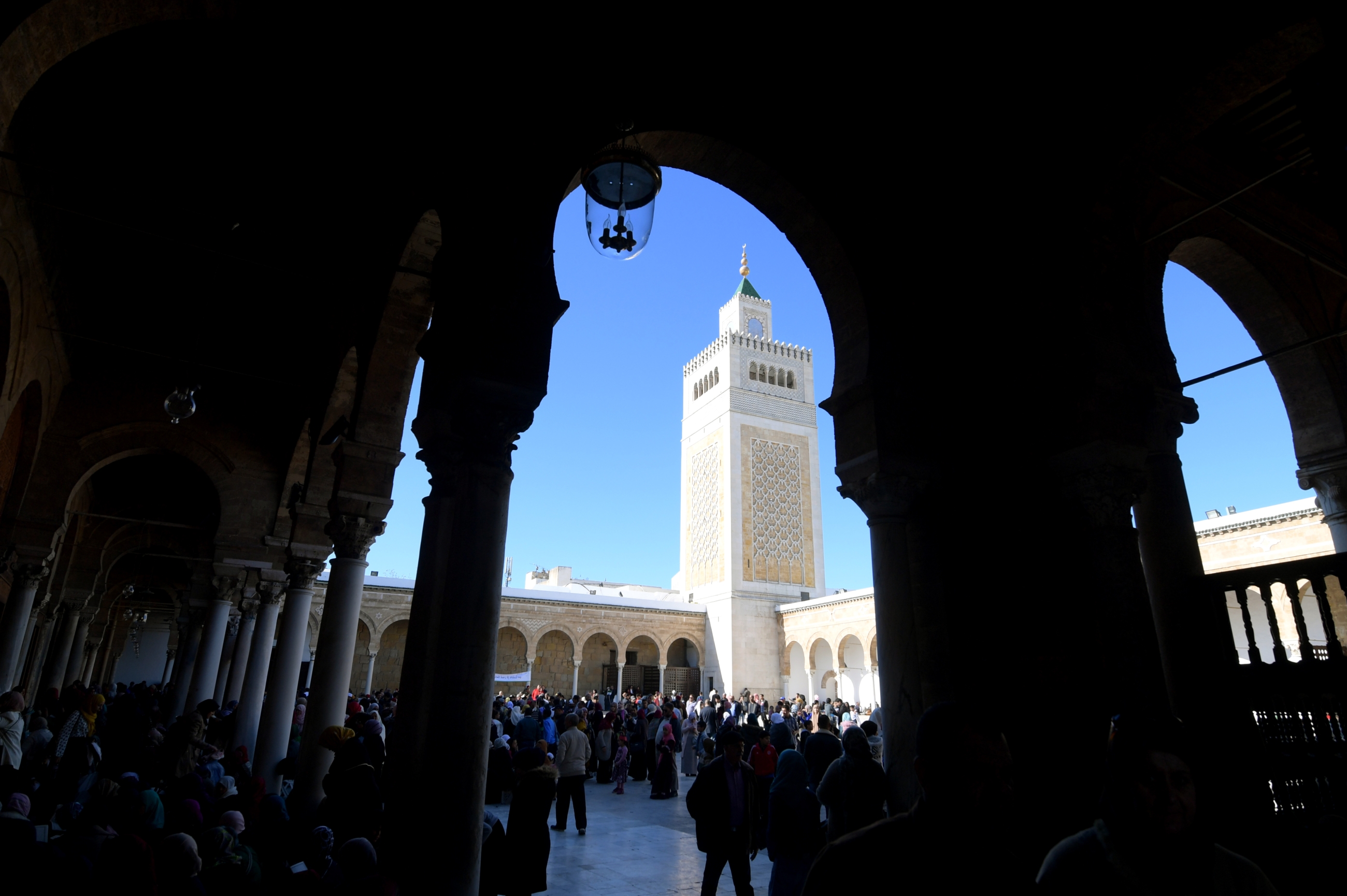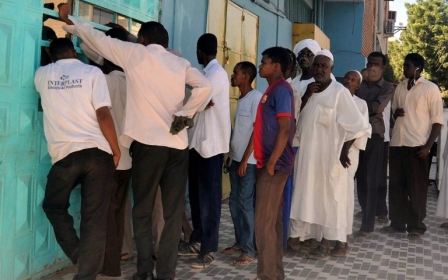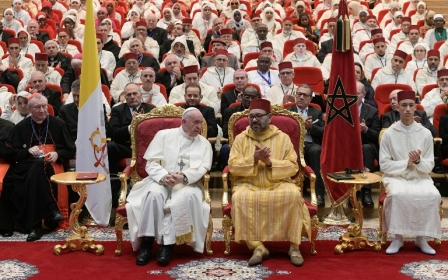New survey reveals drop-off in religiosity across Arab world, especially North Africa

The Arab world has become less religious in the last five years, with North Africa, in particular, seeing a steep decline, according to a new social attitudes survey released by BBC Arabic.
The Big BBC News Arabic Survey 2018/2019, which covered 11 Arabic-speaking countries, said that Morocco, Tunisia, Libya and Algeria, in particular, had seen a rise in people defining themselves as "not religious" since 2013, especially among the under 30s.
In Tunisia, 31 percent of all ages define themselves as not religious, with the figure rising to almost half (46 percent) among 18-29 year olds, the highest figure in the region. In 2013, only 16 percent of people in Tunisia defined themselves as not religious.
Libya, which has been mired in conflict since 2011, has also seen a steep drop in religiosity. The number of people identifying as not religious (25 percent) has more than doubled since 2014 (11 percent). Among 18-29 year olds, the figure is 36 percent.
Out of the other countries surveyed - Lebanon, Egypt, Yemen, Sudan, Jordan, Iraq and the Palestinian territories - only Yemen has seen an increase in religious sentiment since 2013.
New MEE newsletter: Jerusalem Dispatch
Sign up to get the latest insights and analysis on Israel-Palestine, alongside Turkey Unpacked and other MEE newsletters
The survey, conducted between October 2018 and April 2019 in collaboration with the Arab Barometer research project, interviewing 25,000 people across the region, showed a wide range in attitudes towards issues of sexuality, gender and politics.
On the issue of homosexuality - which is still a highly taboo subject in the region - only one country had more than a quarter of respondents saying they believed it was acceptable, Algeria (26 percent). By comparison, only 7 percent of Tunisians, 6 percent of Lebanese, 17 percent of Sudanese and 21 percent of Moroccans said it was.
The drop in religiosity combined with a steep decline in trust in religious leaders - the biggest drop was in Iraq, which saw trust in religious leaders drop to 12 percent from 42 percent in 2012-13.
Sudan, which recently ousted longtime Islamist ruler Omar al-Bashir, also saw a major drop in trust. From 49 percent in 2012-13, trust in Sudanese religious leaders has dropped to only 24 percent. A similar drop occurred in the Palestinian territories, which saw a drop from 48 percent to 22 percent.
Yemen was, again, the only country that saw an increase, from 36 percent to 38 percent.
A desire to leave
The Middle East and North Africa have long been afflicted with unemployment, particularly among the young, who increasingly feel that their prospects are limited.
Perhaps consequently, there has been an increasing desire to emigrate to countries with better prospects.
According to the survey, the number of people of all ages who want to emigrate from the countries surveyed has risen from 25 percent to 33 percent. Among the 18-29 bracket, more than half (52 percent) now want to leave.
Unlike in previous years, however, Europe has become a slightly less attractive destination, as countries tighten their borders and anti-immigrant sentiment rises.
Depression, unemployment, stress and an uncertain future are common afflictions for those who stay.
Around one in three people across the region reported feeling depressed, while about a third reported stress - both Tunisia (40 percent and 52 percent respectively) and Iraq (43 percent and 49 percent respectively) fared worst with these afflictions.
Sexual and physical harassment was also a concern. Egypt was the worst offender in terms of verbal sexual harassment with 42 percent having experienced it; 42 percent of Egyptian women said they had suffered physical harassment.
Iraq was the only country where more men than women said they had suffered physical sexual harassment (20 percent against 17 percent).
This article is available in French on Middle East Eye French edition.
Middle East Eye delivers independent and unrivalled coverage and analysis of the Middle East, North Africa and beyond. To learn more about republishing this content and the associated fees, please fill out this form. More about MEE can be found here.






